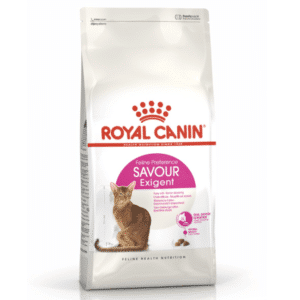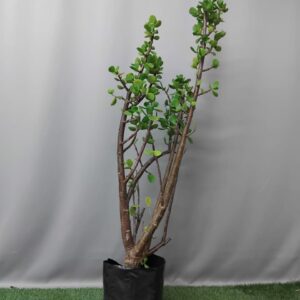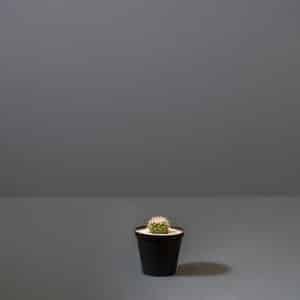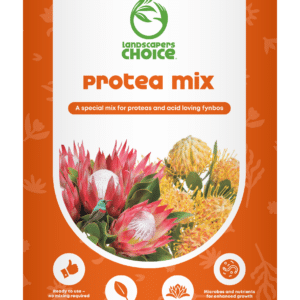Easy gardening habits for sustainability
DIY and how-to
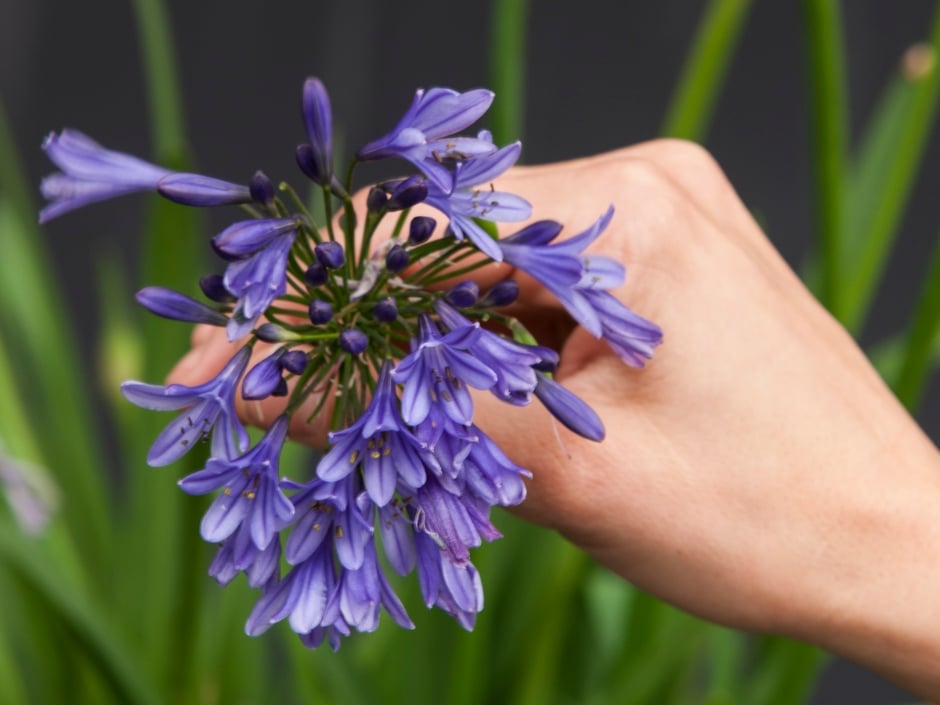
In today’s changing world, where sustainability is critical, nurturing a garden that flourishes and contributes to a healthier planet is both rewarding and achievable. Whether you’re a seasoned gardener or just dipping your toes into the soil, some easy gardening habits will transform your space into a beacon of sustainability.
Grow resilient plants for climate change
With shifting climates becoming more apparent and water more scarce, choosing resilient plants is crucial for a sustainable garden. Opt for indigenous species that are well-adapted to our local environment.
Here in South Africa, we have many indigenous, water-wise plants. These are some of our favourites:
- Cape daisies are drought-tolerant and can withstand hot, dry conditions, making them great for water-wise gardens.
- Agapanthus exhibits remarkable adaptability to varying soil types and thrives in both sun and shade, showcasing resilience in the face of changing environmental conditions.
- Wild garlic is highly resilient to pests and diseases, making it an excellent choice for low-maintenance gardens that prioritise natural resistance over chemical interventions.
- Spekboom: No list of resilient, sustainable plants would be complete without this true eco-warrior. The humble spekboom not only adds aesthetic appeal but also acts as a carbon sponge, absorbing high levels of carbon dioxide from the atmosphere. By planting spekboom in your garden, you’re actively combating climate change while beautifying your outdoor space. It also comes with the added bonus of being incredibly low-maintenance, making it an ideal choice for eco-friendly gardeners.
- Sagewood is a fast-growing, drought-resistant small tree that’s ideal for a townhouse garden.
These plants are all hardy choices that thrive in diverse conditions. They not only require less maintenance but also play a vital role in preserving biodiversity. Have a look at our extensive list of plants for climate change.
Keep your garden water-wise
Water is a precious resource, especially in drought-prone Southern Africa. Adopting water-wise practices can significantly reduce your garden’s water footprint.
- Consider installing a rainwater harvesting system to collect runoff from your roof. This harvested water, which can easily be stored in tanks, can then be used to nourish your garden during dry spells, reducing your reliance on municipal water sources.
- Use grey water from the bath, shower and bathroom basin in your garden. The water is perfectly good to use in your garden and irrigation system.
- Mulching around your plants will help retain moisture in the soil, minimising the need for frequent watering.
- Compost also holds moisture in the soil, and provides nutrients for plant growth, so adding plenty to your garden beds will both retain moisture and feed your plants.
- Before you water, prod the soil with your finger to check the moisture content. Sometimes, the soil appears dry on the surface but is moist a few centimetres below. When you do need to water, remember to water deeply so that you don’t have to water as frequently.
Embrace sustainability through everyday habits
Small changes in your daily gardening routine can make a big difference in promoting sustainability.
- Repurpose kitchen scraps like coffee grounds, eggshells and vegetable peels to create nutrient-rich compost for your garden. Not only does this reduce waste sent to landfills, but it also nourishes your plants naturally.
- Go organic by opting for organic fertilisers and pesticides. Home-made compost teas and natural pest repellents are not only safer for the environment but also promote healthier soil and biodiversity.
- Upcycle materials from around your home and use them in your garden. Transform old containers into quirky planters, or repurpose glass jars as lanterns to illuminate your garden at night.
The bottom line
Sustainable gardening isn’t just a trend – it’s a lifestyle that benefits both you and the planet.
By nurturing resilient plants, conserving water and embracing eco-friendly practices, you can create a garden that sustains itself and contributes positively to the environment.
Keen to get started? Our expert consultants are on hand to answer any questions you might have and advise you on how to make the most of your garden. Pop into your nearest Garden Centre.
Happy (green) gardening!
You might also like
Shop online
-
- Sale!
SAVOUR EXIGENT 4KG
- Original price was: R788.99.R709.99Current price is: R709.99.
- Add to cart Learn More

